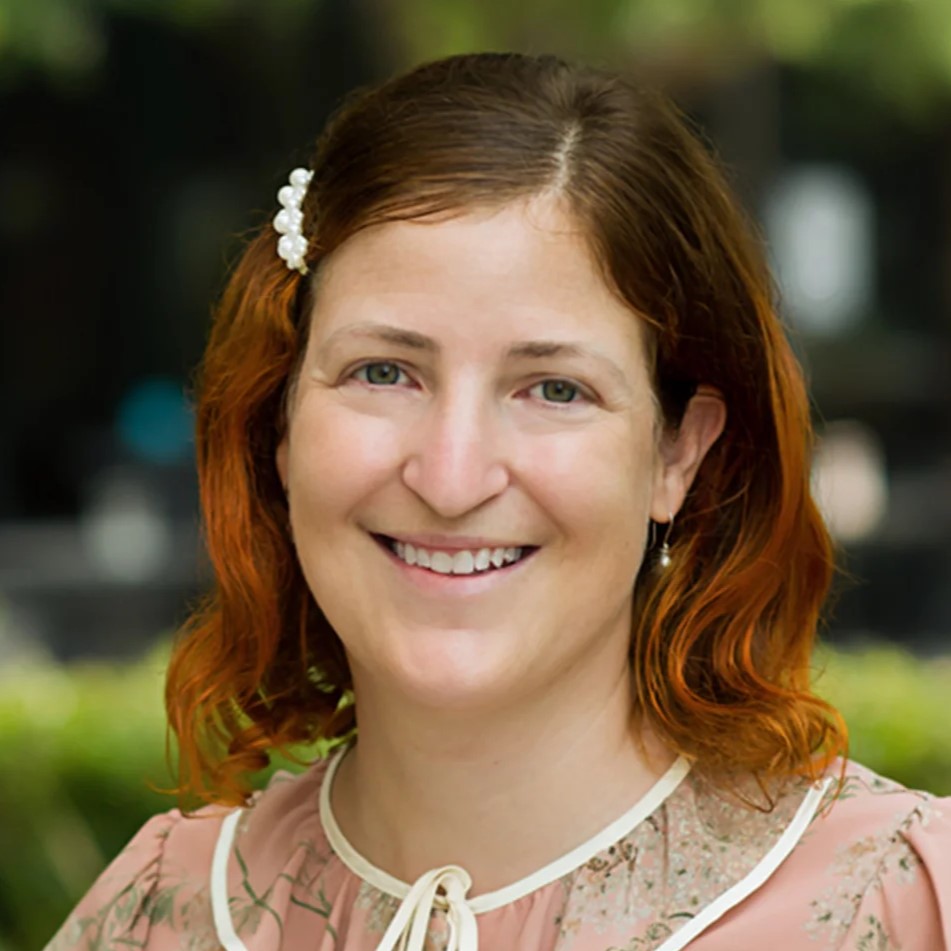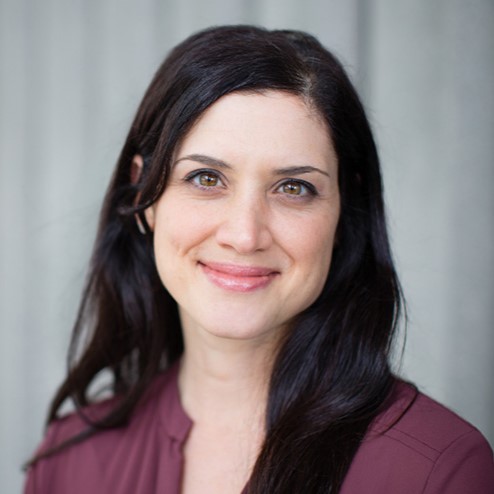
A Lifetime of Care: UCSF's Comprehensive Approach to Pediatric Heart Defects
Hearing a baby’s heartbeat for the first time is a magical moment for any expecting parent. But for some, a closer look at that tiny, developing heart can bring a diagnosis of a congenital heart defect (CHD). As the most common type of birth defect, CHD refers to a range of structural problems with the heart that are present at birth. This diagnosis marks the beginning of a lifelong journey, one that requires a dedicated and specialized system of care from the very first day.
At UCSF, the Division of Pediatric Cardiology is built to be a partner for every step of that journey. Our leadership in the field is defined by a seamless, life-course approach. From pioneering prenatal detection and world-class neonatal care to unique long-term support programs, our goal is to help every child with CHD thrive.
Detecting Heart Defects as Early as 12 Weeks

Care begins before a child is even born, and for families, early answers are crucial. The UCSF Fetal Cardiovascular Program is one of the few in the nation with the expertise to perform detailed fetal heart evaluations as early as just 12 weeks of pregnancy.
Led by Anita Moon-Grady, MD, and Shabnam Peyvandi, MD, MAS, the program is pioneering the use of cutting-edge techniques like specialized imaging and artificial intelligence to analyze fetal echocardiograms (detailed ultrasounds to see the fetus’s tiny heart) to make diagnoses earlier and more accurately than ever before.
“Our goal is to give families clarity at the earliest possible stage,” says Moon-Grady. “Understanding a baby’s condition before they are born allows our team to provide families with comprehensive counseling, empowering them to make the best decisions for their specific situation.”
Giving Newborns the Best Possible Start

For these fragile newborns with complex heart conditions, the moments after birth are the most critical.
UCSF’s Neonatal Cardiovascular Center of Excellence is a national leader in establishing gold standard practices, and as a major referral center in the Western U.S., we care for the largest number of premature and full-term neonates with complex CHD in California.
“The environment is a critical part of healing for these newborns,” says Martina Steurer, MD, who leads the center. “That’s why our Pediatric Cardiac Intensive Care Unit has a dedicated wing designed to foster healthy development, featuring cycled lighting to mimic day and night, low noise levels, and specialized support for families.”
Insights from the center's robust research help refine surgical techniques in the operating room, guide care strategies, and inform the specialized practices that give these special newborns the best start possible.
Protecting Both Heart and Mind for Life

One in four infants born with CHD requires surgery in the first year of life, but for many, surviving this early stage is just the beginning of their journey. These heart abnormalities can reduce the flow of oxygen and nutrients to the brain, potentially causing brain injuries and lasting developmental challenges.
To support the whole child, UCSF created the Healthy Hearts and Minds Program, the first neurodevelopmental follow-up program for children with CHD in California.
"Our vision is to provide proactive support for our patients across their entire lifespan," says Peyvandi, who directs the program. "Through routine assessments of developmental and mental health, we identify emerging concerns as early as possible and connect families with needed support, such as individualized therapies to improve language or fine motor skills.”
This unique clinic directly results from the division’s two decades of research in the Heart and Brain Research Program, which uses cutting-edge brain imaging techniques to monitor early brain injuries and understand how the brain grows in children with CHD. This influential research has led to several other leading centers incorporating routine brain imaging into their own clinical practice.
Meeting the Moment in Pediatric Heart Care
UCSF’s Division of Pediatric Cardiology is defined by one principle: care for the whole person, across a lifetime. From the earliest heartbeat to adulthood, families can count on UCSF for compassionate care backed by world-leading science.
This World Heart Day, UCSF celebrates the families, physicians, and researchers dedicated to advancing care for young hearts. Our mission is to support every step of the journey to ensure every family has the best possible chance to thrive.
